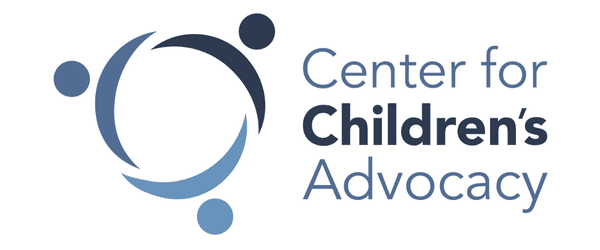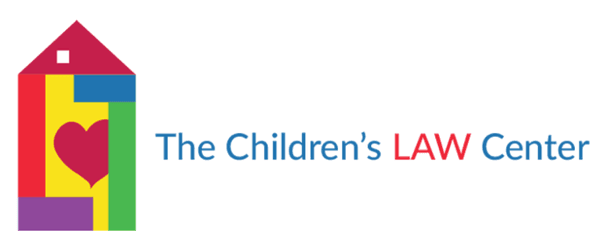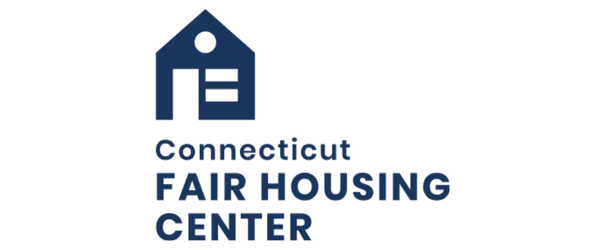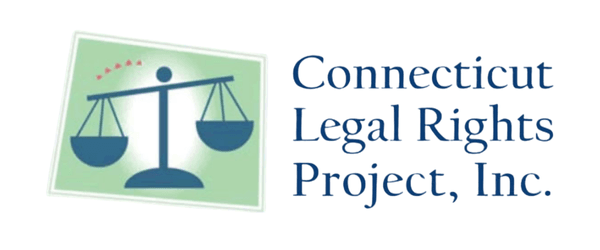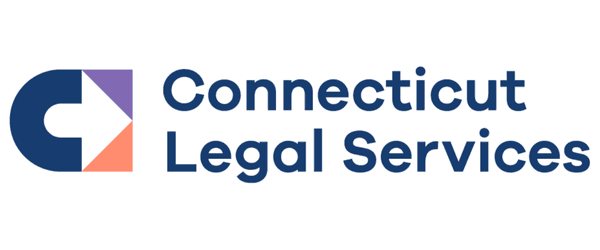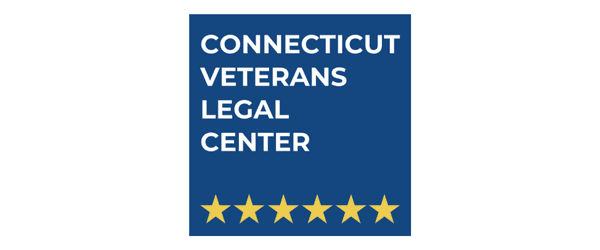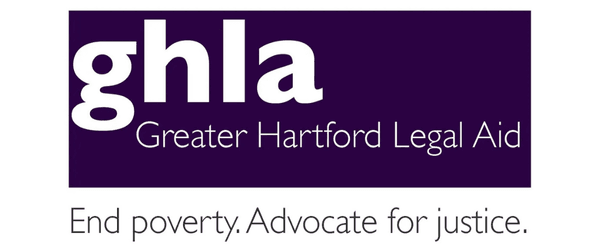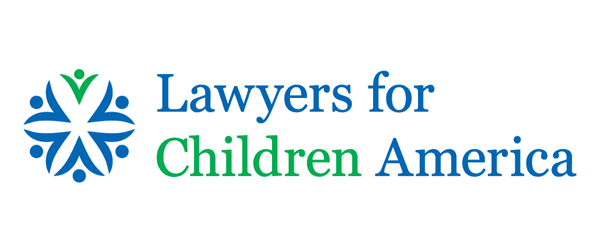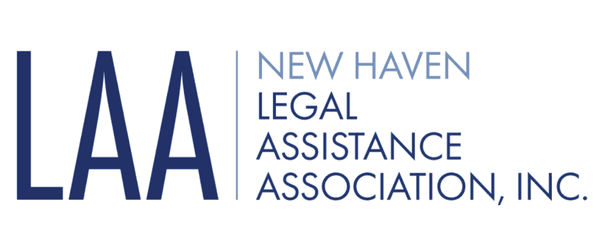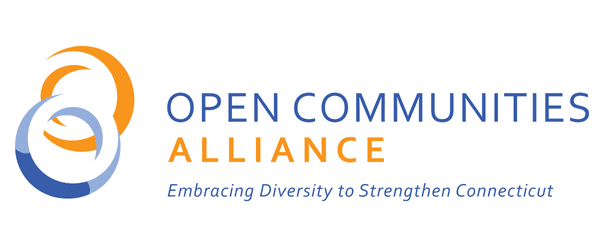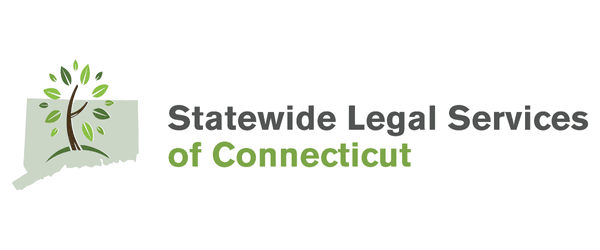Symposia
The Connecticut Bar Foundation James W. Cooper Fellows contribute to the improvement of the legal profession in Connecticut through symposia that bring together individuals across disciplines and experiences to collaborate on issues of significance to the practice of law in our state. Please read below to find out more information about these ongoing series and one-time events. If you have an idea for a symposium you believe would contribute to the improvement of the practice of law in our state, please contact the Foundation at ctbf@ctbarfdn.org to let us know.
Upcoming Symposia
-
Friday, October 17, 2025
The Symposium on the Status of Women in the Law will present an overview of the history and progress of women in the legal profession since the first woman was admitted to the Connecticut Bar in 1882. The speakers, panel members and our nationally recognized keynote speaker represent seasoned members of the profession from diverse practice areas. The program will address the pivotal issues of the day including whether gender bias persists; where women have found success; why senior women often leave the profession; where gaps remain in the career trajectories of men and women; and how, given the enormous changes in the demographics of the profession, do we best move forward in these unpredictable times.
Over the course of the day, we hope attendees enrich our discussion with their participation and stay after the program to network with each other and our presenters. The reception will be held in the Quinnipiac University School of Law Student Lounge area on the 3rd floor, where the “Women in Black” exhibit of Connecticut judges and magistrates frames the space.
Ongoing Symposia
-
In May 1997, the Connecticut Bar Foundation launched the John A. Speziale Alternative Dispute Resolution Symposium to honor former Chief Justice John A. Speziale, the first chair of the Foundation’s James W. Cooper Fellows Program. After his death in January 2005, a memorial fund was established by the Foundation to support the program, which is co-sponsored by Quinnipiac University School of Law. Follow the link above to learn more information about past and upcoming events in this series.
-
The Connecticut Bar Foundation has established a symposium series in memory of U.S. District Court Judge Mark R. Kravitz. Judge Kravitz was an extraordinary lawyer and judge and his passing in 2012 was a great loss to the judiciary and bar. The Foundation has established a board designated endowment to fund ongoing symposia to celebrate his legacy. The Kravitz Family and Judge Kravitz, prior to his death, gave this symposium series their support. Follow the link above to learn more information about past and upcoming events in this series.
Past Symposia
-
In 2014, the Connecticut Bar Foundation presented a symposium entitled Justice for All: The History and Future of Legal Aid in Connecticut. The 2014 symposium, and its 2025 successor, addressed the need to improve access to justice for those who are unable to afford legal representation in areas of critical civil legal needs.
Much has changed since that 2014 presentation, including the 2016 recommendations and report of the Task Force to Improve Access to Legal Counsel in Civil Matters, the launch of an eviction right to counsel program, the expansion of programs providing legal assistance in domestic violence restraining order applications, and the continued efforts and innovation of the legal aid organizations, bench, and bar in Connecticut to promote and advance civil access to justice for the indigent.
The 2025 Justice for All symposium explored the progress made in addressing the civil access to justice gap in Connecticut since 2014, the current efforts of Connecticut’s legal aid programs to advance access to justice, including the impact and outcomes achieved through Connecticut’s two current right to counsel programs, and considered the future of legal aid in Connecticut, including anticipated challenges, and opportunities for innovation and collaborative partnerships.
-
2023 The Law of Hate Symposium
The James W. Cooper Fellows of the Connecticut Bar Foundation and the University of Connecticut School of Law presented The Law of Hate Symposium on Friday, November 17, 2023, at UConn Law. This program provided a safe and inclusive forum to discuss hate crimes and profile the work of the Hate Crimes Advisory Council. It examined the law enforcement response to these acts and possible civil law ramifications, and explored how this corrosive problem impacts communities. We were also honored to welcome U.S. Attorney Vanessa Roberts Avery and CT Attorney General William Tong, who participated in a Q&A moderated by Dean Eboni Nelson.
-
On June 29, 2022, the Connecticut Bar Foundation James W. Cooper Fellows presented a 10th Anniversary Symposium that continued the discussion of the history of attorneys of color in Connecticut. The program included a morning of panels on the impact of the pandemic on diversity, equity, and inclusion, as well as a keynote address by Connecticut State Comptroller Natalie Braswell. Please click the link above for more information about this special event.
-
This program explored the history and development of the rights of LGBTQ+ families, including parents and queer youth, in the United States and specifically in Connecticut. We defined the status quo in Connecticut, with a focus on the new Parentage Act. Finally, we identified the next frontier: areas that still need work in order for queer families to have true equality, and how Connecticut can avoid the anti-LGBTQ+ fervor arising in other states. Please click on the event title for more information about the symposium, and to access a recording of the program.
-
2019 Opioid Summit, Part 2
-
2018 Opioid Summit, Part 1
-
2018 Probate Symposium
This symposium explored the experience of states that have adopted (in at least some form) unsupervised probate for the settlement of decedents’ estates and examine the advantages and disadvantages of giving beneficiaries the ability to opt out of court-supervised estate settlement. The program brought diverse perspectives to this issue including those of academics, judges and practitioners from both Connecticut and states that have adopted unsupervised probate. Follow the link above to learn more information about this event.
-
2018 Limited Scope Representation and Modest Means Symposium
-
2018 Trauma-Informed Justice Symposium
This Symposium helped enhance understanding of trauma and its impact on legal advocacy and adjudication. Trauma-related legal practice issues include forming an attorney-client relationship; an element of legal claims; trial & negotiation processes; clients’ ability to implement legal advice, agreements, & orders; secondary traumatic stress (STS) for attorneys; and STS for other professionals involved with the case or client. The program brought diverse perspectives to this issue including those of practitioners, judges, and mental health and other service providers from Connecticut and other states that embrace a survivor-defined approach to justice for survivors of trauma. Follow the link above to learn more information about this event.
-
2018 The Second Annual Diversity and Inclusion Symposium: Achieving Meaningful Diversity and Inclusion for Lawyers and Law Students with Disabilities
The Second Diversity and Inclusion Symposium, presented by the Connecticut Bar Foundation and the Connecticut Bar Association, focused on challenges and strategies for effective diversity and inclusion for members of the Connecticut legal community with disabilities. Panel discussions covered the obligation to accommodate under state and federal law, strategies for improving accessibility and removing barriers to and within the profession, and resources to help ensure that organizations maintain an inclusive environment for lawyers and law students with disabilities. Topics included the Americans with Disabilities Act and its application to the law school admissions process and experience; barriers facing law students with disabilities when they take the bar examination and seek admission to the legal profession; the historical and current perspectives of the Connecticut Bar Examining Committee in assessing applicants with disabilities; the challenges facing lawyers with disabilities as they transition into practice; experiences of lawyers practicing with disabilities; the legal obligations at issue; and recommendations for best practices in the recruitment, retention, and promotion of lawyers with disabilities.
-
2017 Diversity Symposium
The Diversity Symposium, presented by the Connecticut Bar Foundation and the Connecticut Bar Association, continued the meaningful dialogue that was started at the CBA's Inaugural Diversity Summit in 2016. The Symposium consisted of a half-day program and included presentations and panel discussions on such topics as implicit bias, diversity metrics, and overcoming impediments to achieving meaningful diversity and inclusion in the legal profession. Presenters included Justice Richard A. Robinson of the Connecticut Supreme Court, and Judge Maria Araujo Kahn, then of the Connecticut Superior Court, who spoke on the issue of implicit bias; Dr. Anne Farrell, Director of Research, Chapin Hall at the University of Chicago, who led a discussion on how to manage and shape open and meaningful dialogue on diversity and inclusion; and Gabrielle Lyse Brown, Director, Diversity & Inclusion at New York City Bar Association, who shared her experiences in leading the New York City Bar Association’s efforts to enhance diversity in the legal profession.
-
2016 LGBTQ Youth Issues and the Law Symposium
In 2016, the Connecticut Bar Foundation James W. Cooper Fellows and the Connecticut Public Interest Law Journal presented the “LGBTQ Youth Issues and the Law” symposium at the University of Connecticut School of Law. The event began with a high-energy keynote address from internationally recognized LGBTQ advocates Kim Milan and Tiq Milan. Panels featured distinguished speakers who discussed a variety of current legal issues affecting LGBTQ youth. Panelists explored the complexities and challenges LGBTQ youth often face, including homelessness, foster care, juvenile justice, education, and being members of the LGBTQ community, from the perspectives of practicing attorneys, community advocates, educators, government officials, service providers and high school students. Follow the link above to lern more about this event.
-
2015 The Mentoring of New Lawyers: Challenges, Rewards, and Best Practices Symposium
On November 13, 2015 a symposium, The Mentoring of New Lawyers: Challenges, Rewards, and Best Practices was held at the Connecticut State Legislative Office Building. Panelists included experts from mentoring programs from across the country, law school professors, experienced attorneys and graduates from in-state mentoring programs. Follow the link above to learn more about this event.
-
2014 Veterans in Transition: Military Culture, Mental Health, and Readjustment to Civilian Life Symposium
-
2014 Justice For All: The History and Future of Legal Aid in Connecticut
Connecticut played a unique role in the creation of the modern legal aid program. Sponsored in partnership with the Connecticut legal aid providers, this event explored the establishment of the neighborhood law office model, how legal aid has adapted to address the growing justice gap and evolving needs of the client community, and what the future holds for legal aid.
-
2013 Impaired Lawyer Symposium
-
2012 Our History, Our Future: Celebrating Attorneys of Color in Connecticut
On April 13, 2012, the Connecticut Bar Foundation James W Cooper Fellows presented a remarkable symposium entitled “Our History, Our Future: Celebrating Attorneys of Color in Connecticut.” The symposium was co-sponsored by the four associations for attorneys of color (George W. Crawford Black Bar Association, Connecticut Hispanic Bar Association, Connecticut Asian Pacific American Bar Association, and South Asian Bar Association of Connecticut). It was designed to highlight and preserve the rich history of attorneys of color in Connecticut. A key component of the symposium was the development of a comprehensive historical timeline which was on full display along the wall at the entrance to the moot courtroom at Quinnipiac University Law School where the symposium was held.
-
2012 Science of Eyewitness Identification Task Force Symposium
-
2011 Judicial Independence: A Crisis or Business as Usual? Symposium
-
2011 Limited Scope Representation Symposium
-
2010 Law & Technology-Flash Forward or Lost: How Technology is Changing the Practice of Law, and What's Next? Symposium
-
2009 Bioethics and the Law - Legal and Ethical Issues at the End of Life: Confronting Incapacity and the Emerging Epidemic of Progressive and Chronic Dementias Symposium
-
2005 Future of the Legal Profession Symposium
-
2004 The Expanding Roles of the Judiciary: Boon or Bane to Judicial Independence? Symposium
-
2004 The Significance of Professionalism for Lawyers Symposium
-
2003 Beginnings of a Law Career Symposium
-
2002 Capital Punishment Symposium
-
2001 Multidisciplinary Practice Symposium
-
2000 Multijurisdictional Practice Symposium
-
1998 Children and the Adversarial System Symposium
-
1996 The Survival of Legal Services for the Poor in Connecticut Symposium


